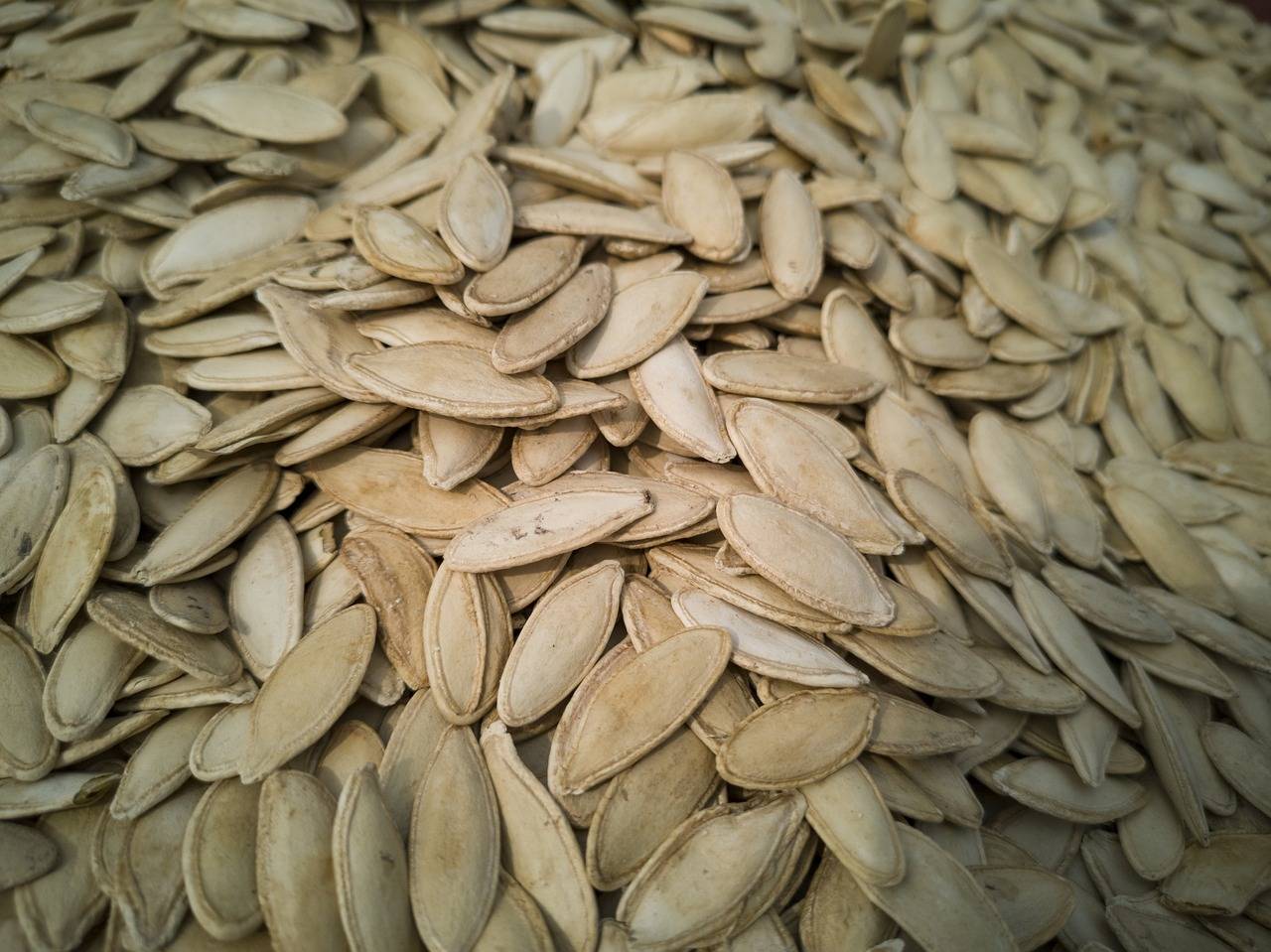Neurological Factors in Cricket Performance Under Pressure: Betbhai247, Playexch live, Gold365
betbhai247, playexch live, gold365: Cricket is a sport that requires a high level of skill, focus, and mental toughness. Players need to perform under immense pressure, especially during crucial moments in a match. But have you ever wondered how neurological factors play a role in a cricketer’s performance under pressure?
Neurological factors refer to the way the brain and nervous system function and how they impact performance. In cricket, these factors are crucial in determining a player’s ability to stay calm, focused, and make quick decisions in high-pressure situations.
Let’s delve deeper into the neurological factors that influence cricket performance under pressure.
1. **Brain Function**: The brain plays a central role in cricket performance, as it is responsible for processing information, making decisions, and controlling movements. Under pressure, the brain’s ability to focus and concentrate can be compromised, leading to errors in judgment and execution.
2. **Stress Response**: When a cricketer is under pressure, the body’s stress response is activated, leading to the release of stress hormones like cortisol and adrenaline. These hormones can interfere with cognitive function, motor skills, and decision-making, making it challenging for players to perform at their best.
3. **Attention and Focus**: Maintaining attention and focus is essential in cricket, especially when batting or fielding. Under pressure, players may struggle to concentrate on the task at hand, leading to lapses in judgment and missed opportunities.
4. **Motor Skills**: Cricket requires precise motor skills, such as hand-eye coordination, timing, and agility. Under pressure, these skills can be affected by increased muscle tension and decreased coordination, making it harder for players to execute their shots or fielding techniques effectively.
5. **Anxiety and Performance**: Anxiety is a common psychological response to pressure situations in cricket. High levels of anxiety can impair cognitive function and motor skills, leading to poor performance on the field. Managing anxiety through relaxation techniques and positive self-talk is essential for players to perform under pressure.
6. **Decision-Making**: Quick decision-making is crucial in cricket, whether it’s choosing the right shot to play or setting the field as a captain. Under pressure, players may struggle to make effective decisions due to heightened stress levels and distractions. Training the brain to make quick and accurate decisions under pressure is key to success in cricket.
7. **Visual Perception**: Visual perception plays a significant role in cricket, as players need to track the ball, judge its trajectory, and make split-second decisions. Under pressure, visual perception can be affected by stress, leading to errors in judgment and timing. Training the visual system to stay sharp and focused under pressure is essential for cricket performance.
8. **Mental Toughness**: Mental toughness is the ability to perform at a high level under pressure, despite setbacks and challenges. Developing mental toughness through resilience training, visualization techniques, and mindfulness can help cricketers stay calm and composed in high-pressure situations.
In conclusion, neurological factors play a crucial role in cricket performance under pressure. Understanding how the brain functions under stress and developing strategies to optimize cognitive function, motor skills, and decision-making can help cricketers perform at their best when it matters most.
Remember, cricket is not just a physical gameit’s a mental game too. By training your brain and nervous system to handle pressure effectively, you can elevate your performance on the field and achieve success in the game.
FAQs:
1. How can cricketers train their brains for better performance under pressure?
– Cricketers can train their brains for better performance under pressure by practicing mindfulness, visualization, and relaxation techniques. Working with sports psychologists can also help improve mental toughness and focus.
2. What role does confidence play in cricket performance under pressure?
– Confidence is essential in cricket performance under pressure, as it can help players stay focused, make quick decisions, and execute their skills effectively. Building confidence through preparation, practice, and positive self-talk is key to success on the field.
3. How can cricketers manage anxiety during high-pressure situations?
– Cricketers can manage anxiety during high-pressure situations by practicing deep breathing exercises, positive self-talk, and focusing on the present moment. Creating a pre-performance routine and staying composed under pressure can help alleviate anxiety and improve performance.







